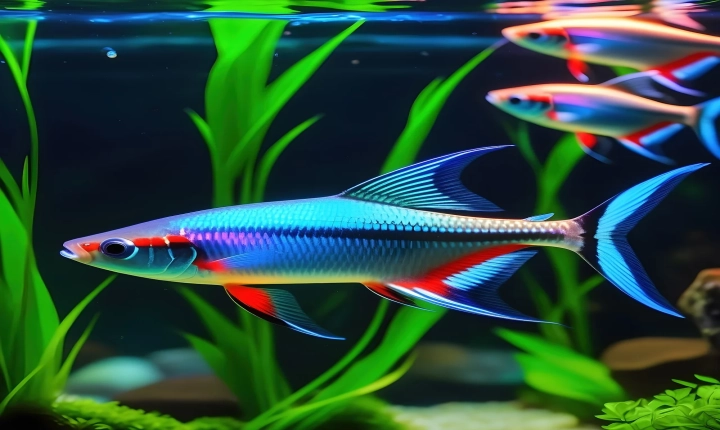AI Copyright Controversy: Is AI-Generated Content Really Free from Copyright?
Artificial intelligence (AI) has been making significant strides in generating content such as music, artwork, and even writing. This has led to a controversial issue regarding the copyright of AI-generated content. The central question is, can these creations be considered free from copyright, or are there ethical and legal implications that need to be addressed?
The argument for AI-generated content being copyright-free stems from the belief that since AI lacks human creativity and originality, the resulting works should not be subject to copyright protection. Proponents of this view argue that since AI simply processes and imitates existing data and patterns, it cannot be considered an “author” in the traditional sense, and therefore its creations should be in the public domain.
On the other hand, there are those who argue that AI-generated content should be treated similarly to works created by humans. They contend that AI, particularly advanced machine learning algorithms, can produce content that is indistinguishable from that created by a human. This raises questions about the originality and ownership of AI-generated works.
One of the key issues at play is the concept of authorship. Copyright law traditionally attributes authorship to human creators, but in the case of AI-generated content, the lines are blurred. If an AI system produces a piece of music, for example, who should be considered the author—the programmer who created the AI, the AI itself, or neither?
Furthermore, the legal framework surrounding copyright was developed long before the advent of AI, and it may not be equipped to handle the complexities that AI poses. As a result, there is a lack of specific laws and precedents that address the copyright status of AI-generated content.
In response to this uncertainty, some jurisdictions have taken initial steps to address the issue. The European Union, for instance, has considered granting personhood to AI systems, potentially allowing them to be recognized as the creator of their works. This approach would create a new category of authorship specifically tailored to AI-generated content.
Another important consideration is the ethical dimension of copyright in the context of AI. While copyright law aims to protect and incentivize human creativity, it must also evolve to accommodate technological advancements. This means striking a balance between fostering innovation and ensuring fair compensation and recognition for AI-generated content creators, whether they are human or non-human.
The debate over the copyright status of AI-generated content is likely to intensify as AI technology continues to advance. As AI becomes more sophisticated and capable of producing increasingly convincing content, the need for clear and coherent copyright regulations becomes ever more urgent.
Ultimately, the resolution of this issue will require a multi-faceted approach that considers legal, ethical, and technological perspectives. It will be crucial for lawmakers and stakeholders to engage in ongoing dialogue to develop a framework that addresses the complexities of AI-generated content and ensures a fair and equitable system for all parties involved. Only through a thoughtful and comprehensive approach can we hope to establish a harmonious balance between the protection of intellectual property and the advancement of AI technology.
